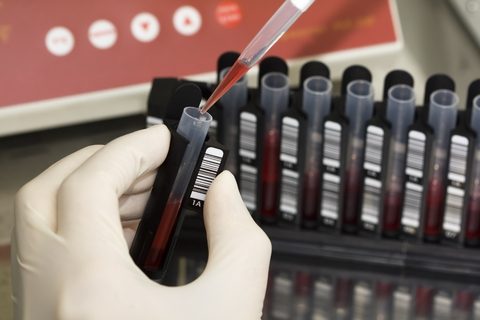Struggles of Diagnosing Sarcomatoid Mesothelioma
Sarcomatoid mesothelioma and sarcomatoid carcinoma can be hard to tell apart during diagnosis. A study published in Diagnostics reveals that a new panel test could help to distinguish between these two diseases. Mesothelioma is caused by asbestos. There are three different types of mesothelioma: epithelioid, sarcomatoid, and biphasic. Patients who are diagnosed with sarcomatoid mesothelioma face a much poorer outlook than those with the more common epithelioid form of the disease. Sarcomatoid Mesothelioma Sarcomatoid mesothelioma is also the least common form of this already rare cancer. Sarcomatoid mesothelioma includes only about 10 percent of the 2,000 to 3,000 mesothelioma cases diagnosed in the United States each year. Out of the three different types of mesothelioma, the sarcomatoid type is the…





